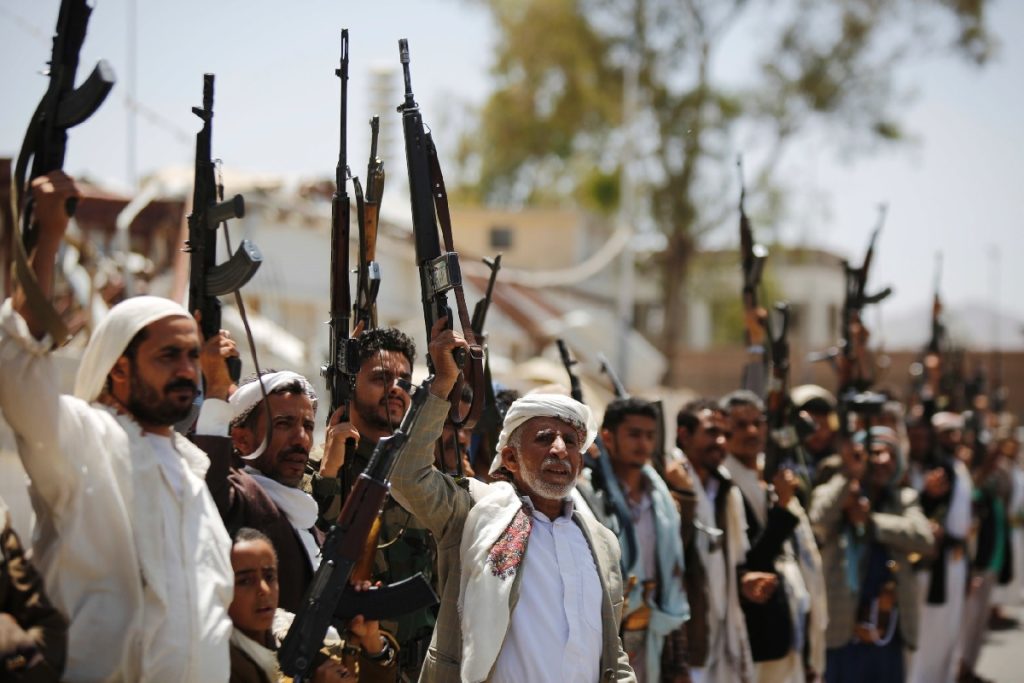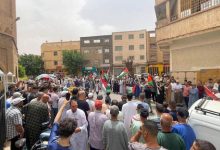Arrest of Yemeni Poet Rashid Al-Hattam Sparks Debate on Freedom of Expression Amid Political Tensions
Detention over Pro-Palestinian Support Highlights Yemen's Political Divisions and Regional Influences.
Watan-The arrest of Yemeni poet Rashid Al-Hattam has reignited discussions about freedom of expression in Yemen, especially following his celebration of the Gaza ceasefire agreement and his chants against the U.S. and Israel.
This action by the security authorities affiliated with the Yemeni Islah Party (Yemen’s Muslim Brotherhood) has sparked widespread reactions, as Al-Hattam was detained in the political security prison in Marib without any clear charges, other than his support for the Palestinian resistance and opposition to Western dominance.
Al-Hattam, who expressed his joy over Gaza’s victory, found himself in trouble for chanting the “Houthi cry,” which the Islah Party deemed an offense warranting detention.
This development highlights the deep political divisions in Yemen, where expressing support for the Palestinian resistance has become politically costly, particularly given the influence of Saudi and Emirati policies on their allies within Yemen.

The Houthi group, which has intensified its efforts to support the Palestinian resistance since the outbreak of the “Al-Aqsa Flood” battle, has been praised for its anti-Israel stance. This raises questions about the positions of other political forces in Yemen.
The Islah Party, often accused of aligning with Saudi and Emirati directives, has opted to suppress any actions or statements that could upset its regional allies, even if this means stifling pro-Palestinian sentiments.
Over the years, controversy has grown around the policies of the Islah Party, which has transitioned from a political force seeking change to a tool in the hands of its regional allies. Criticizing the U.S. or Israel has become a sensitive matter in areas under the party’s control, while accusations of its alliance with regional forces that do not serve national interests continue to mount.

The case of poet Al-Hattam represents a new test for public freedoms in Yemen and raises questions about the extent to which regional political interests influence freedom of expression. As reactions to his arrest intensify, the question remains: Will Yemenis continue to pay the price for expressing their views in a landscape shaped by major political and regional transformations?






